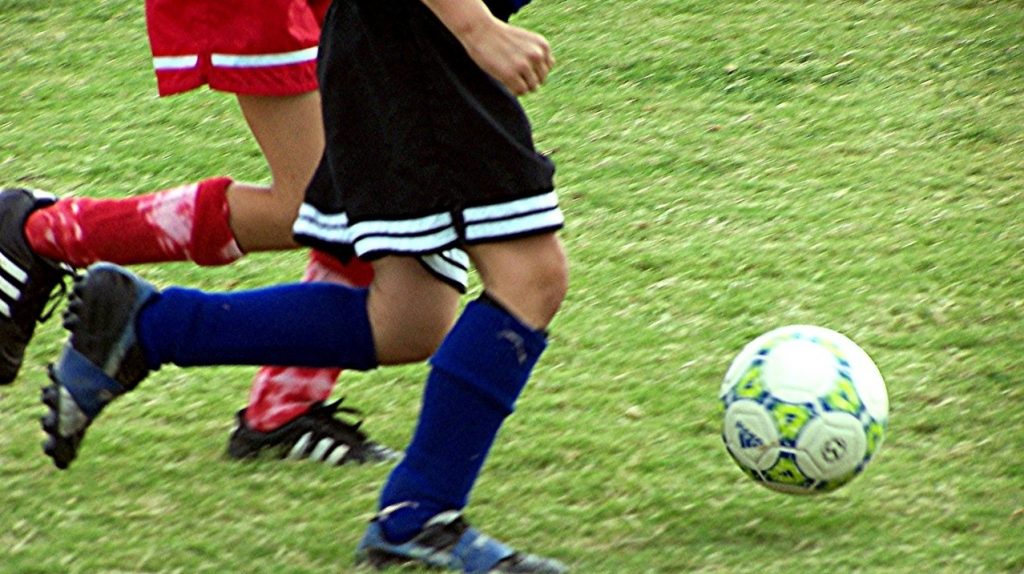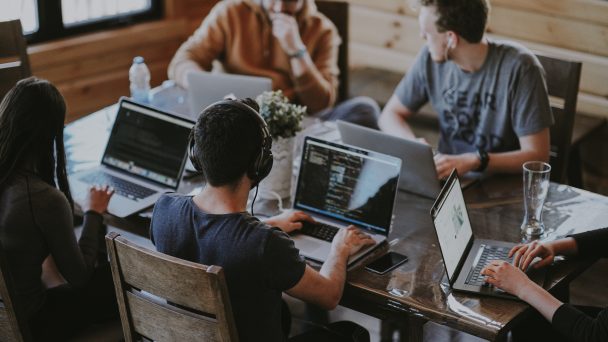Sports and alcohol

A familiar image. Beers on the bar in the sports canteen after the exciting game. Athletes and supporters talking loudly; the third half in which the afterthought is to be held, the victory is to be celebrated or the loss is drunk.
Where does the association between sports and alcohol come from? After all, it is not such a natural combination. The IkPas participants will agree: alcohol affects your performance. That performance is exactly what you want when you practice sports.
It is of course clear that you become under the influence of alcohol, which is why no athlete drinks alcohol just before the competition, but in the longer term our participants notice the influence of alcohol on fitness.
In the medium term, the influence of alcohol is noticeable in many places in your body: a reduction in reaction and coordination, in movement technique and endurance. The risk of injury increases.
The liver is not only important for the storage of carbohydrates in the form of glycogen, but also essential in the breakdown of alcohol. The breakdown of alcohol disrupts the combustion of carbohydrates, which lowers the blood sugar level and reduces your sports performance. After consuming about two glasses of alcohol, your sprint speed can decrease by ten percent and the jumping power decreases by 5.8 percent. In addition, alcohol reduces the recovery process after great physical exertion.
During physical exertion, lactic acid is formed in the muscles. Lactic acid is a breakdown product. This substance is a waste material and can eventually cause muscle pain. Normally, lactic acid is broken down, but the breakdown is hindered when alcohol is drunk. The liver prioritizes the breakdown of alcohol. This causes a decrease in condition and (extra) muscle pain. Alcohol is a diuretic. It increases the excretion of water via the urine, while moisture is important in recovery, because a shortage of moisture already arises due to sports practice. Alcohol thus increases this deficiency.
While drinking alcohol before exercise is already not done, you should not drink alcohol for your recovery, even after exercise.
This article uses information from sport.nl


